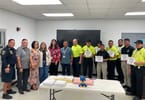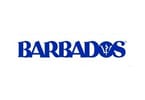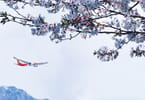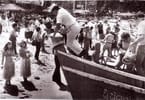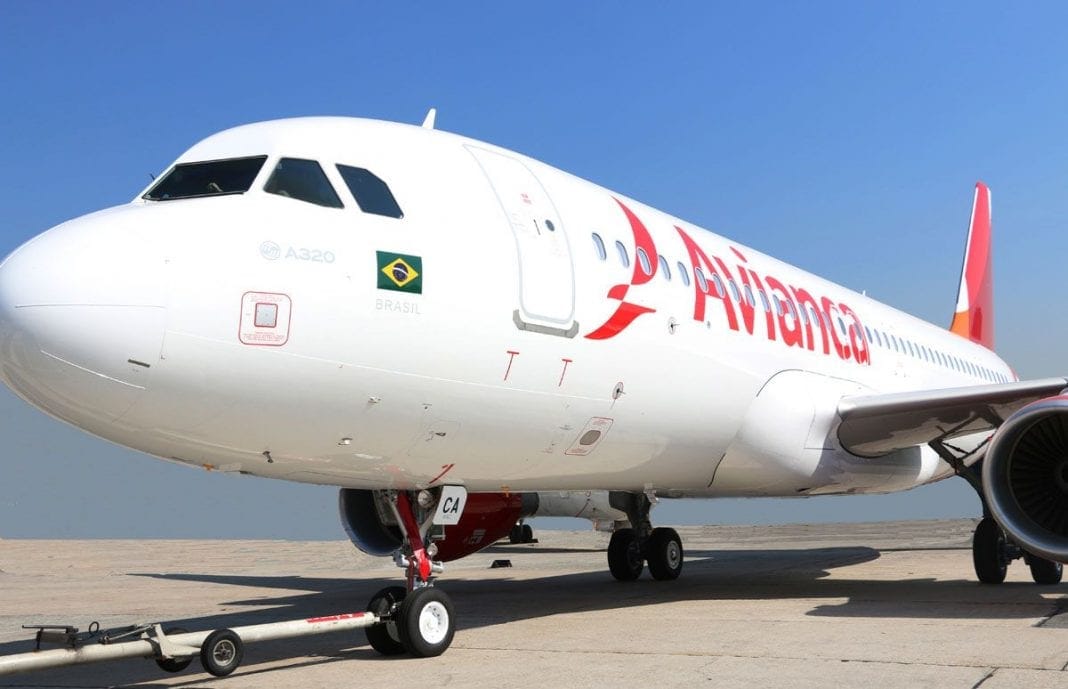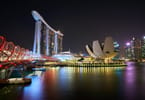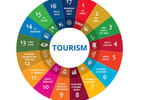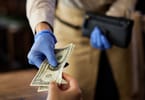WASHINGTON, DC (August 18, 2008) – The Air Transport Association of America, (ATA), the industry trade organization for the leading US airlines, forecasts that 16 million passengers* will travel globally on US airlines during the 2008 Labor Day holiday period, spanning Wednesday, August 27 through Wednesday, September 3. This is a decline of 5.7 percent from the 17 million passengers estimated to have traveled on US airlines during the same period last year.
The projected decline consists of a 6.5 percent drop in domestic travel and a 1.0 percent increase in international travel. High energy prices across the economy, rising airfares and airline schedule cuts are the primary drivers of the overall reduction in passenger volumes expected for this period. Sustained triple-digit fuel costs not only have forced airlines to cut back service, resulting in fewer seats available for domestic flights, but they also have taken a toll on customers’ spending power.
“We expect airplanes to be less full and skies to be less crowded this Labor Day holiday,” said ATA president and CEO James C. May. “Economic uncertainty and the heavy hit from sky-high energy prices mean that many vacation and business travelers are choosing to stay closer to home, if they go at all.”
Although there has been a recent and welcome drop in fuel prices, so far this summer (June 1 through August 12), jet fuel has averaged $160.47 per barrel, a 79 percent increase from the $89.82 price experienced in the prior-year period. Jet fuel remains the most costly of transportation fuels refined from crude oil, resulting in a disproportionate impact on the air transportation system, as airlines currently have no alternative to conventional kerosene-based jet fuel.
ATA continues to urge Congress to act in a bipartisan fashion to craft a comprehensive, balanced national energy policy, as recent declines are no cause for complacency. Since the end of 2007, 12 US carriers have shut down or are attempting to reorganize in bankruptcy.
“On the customer service front, airlines have been taking every conceivable step to minimize delays and improve operational efficiencies. This focus has resulted in a decline in extended delays this year as compared to a year ago,” continued May. In June and July, according to US Department of Transportation (DOT) reports, just 27 out of every 100,000 domestic flights experienced taxi-out times exceeding three hours, down substantially from the rate of 49 per 100,000 in June and July of 2007.
“Customers planning to travel over this holiday have our assurance that we will continue to work to make the travel experience as pleasant as possible,” said May.
Passengers are reminded to plan ahead and provide plenty of time for airport check-in and security screening. Passengers are also encouraged to follow these recommended tips for a more pleasurable travel experience:
— 24 hours or less prior to departure, visit your carrier’s Web site and print out boarding passes (if possible); check flight status and determine what type of meal service will be offered; be aware of carrier carry-on and checked-baggage policies, and plan accordingly.
— Place amenities in carry-on bag, including prescriptions or other medicines and snacks (and for those traveling with children, baby food/diapers) in case of delay.
— If carrying liquids or gels in a carry-on bag, pack them in a one-quart zip-top bag and place them in a readily accessible location. Familiarize yourself with the list of TSA permitted and prohibited items.
— Remove extraneous metal objects (e.g., coins, keys, pens, cell phone, watch, camera) and place them in carry-on baggage and pack simply for security screening
— Have your government-issued identification and boarding pass ready at the security-screening checkpoint.
— Consider purchasing bottled water or other liquids after the security checkpoint.
— Tag each bag, inside and out, with traveler name and contact information, and remove all destination baggage tags from previous trips.
*The total number of revenue passengers boarding aircraft in scheduled service.
WHAT TO TAKE AWAY FROM THIS ARTICLE:
- In June and July, according to US Department of Transportation (DOT) reports, just 27 out of every 100,000 domestic flights experienced taxi-out times exceeding three hours, down substantially from the rate of 49 per 100,000 in June and July of 2007.
- If carrying liquids or gels in a carry-on bag, pack them in a one-quart zip-top bag and place them in a readily accessible location.
- Jet fuel remains the most costly of transportation fuels refined from crude oil, resulting in a disproportionate impact on the air transportation system, as airlines currently have no alternative to conventional kerosene-based jet fuel.





